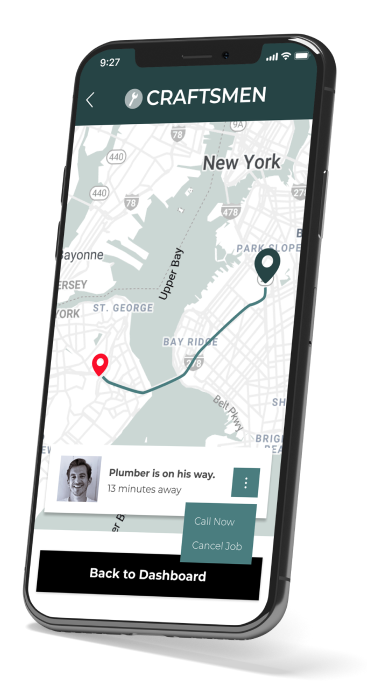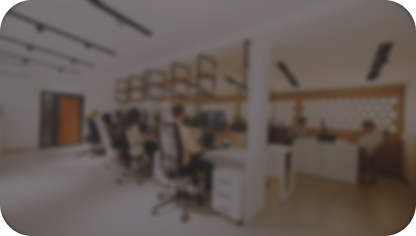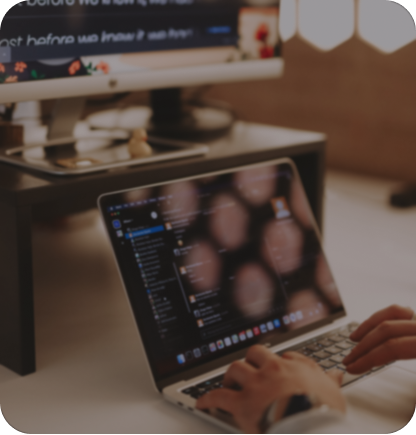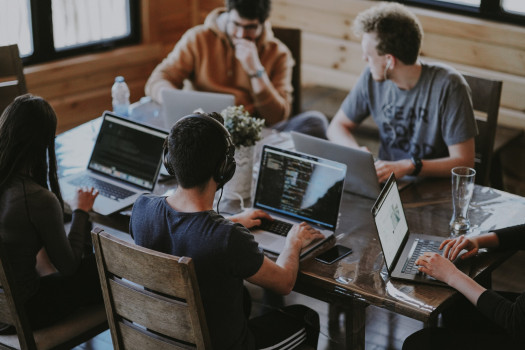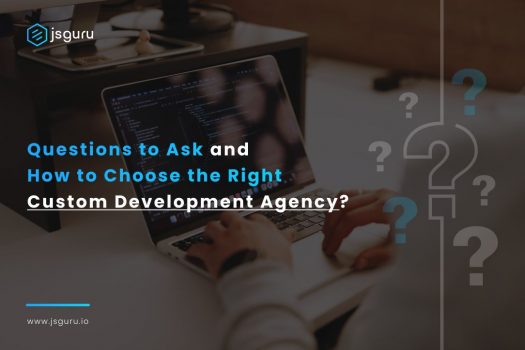AI, Data, Privacy and Covid-19
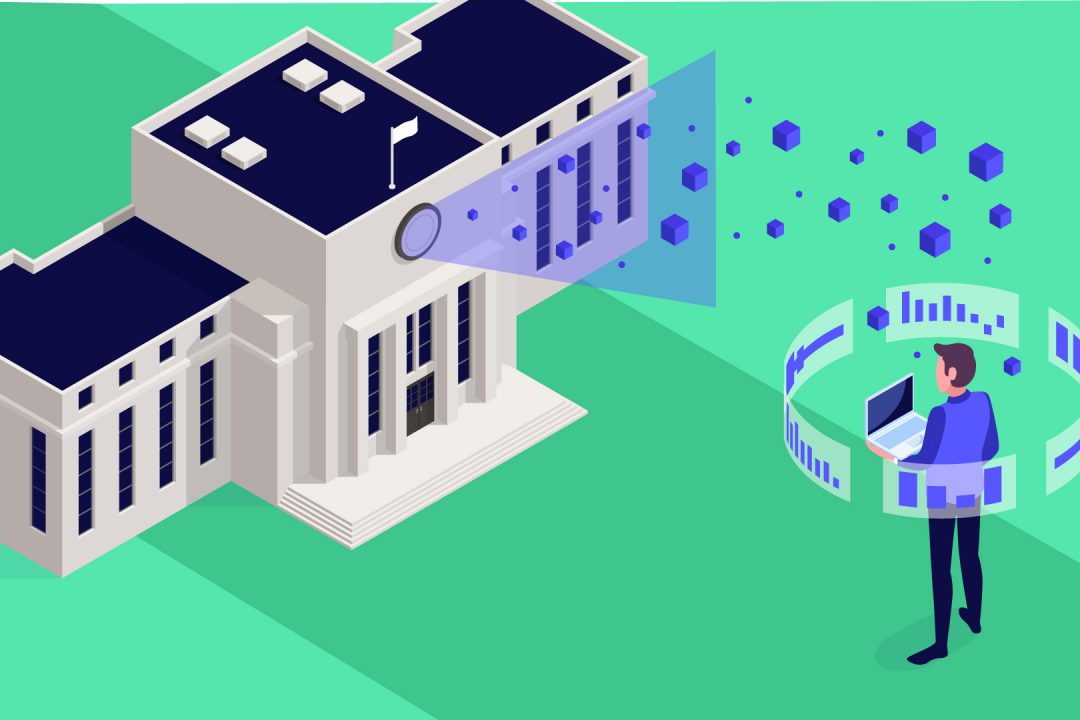
If you consume coffee, on average, how many cups a day do you drink? Also, did you know that around 1.4 billion cups of coffee are consumed every day? This is based on slightly older research, so the number is probably higher today.
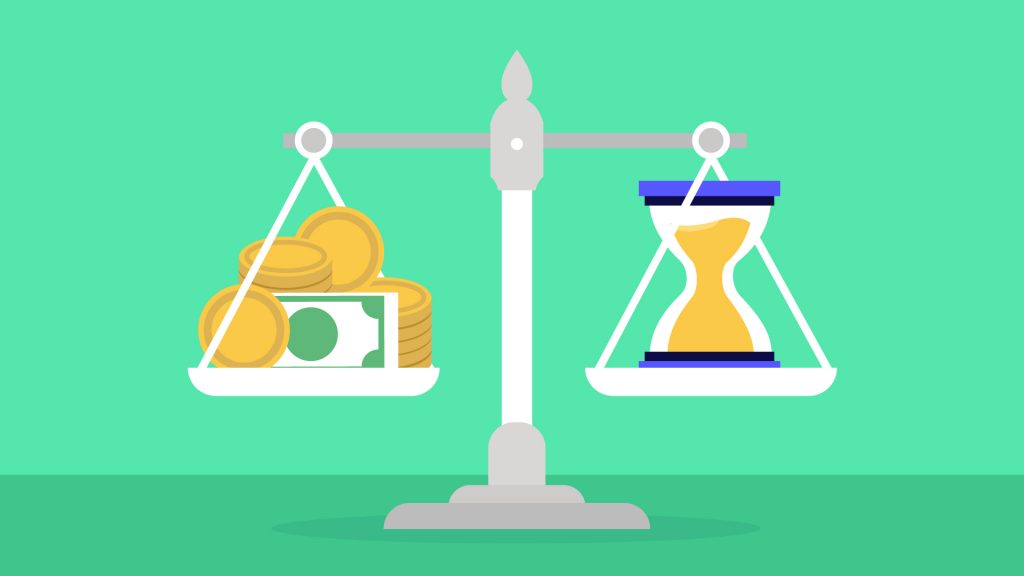
The scale on the image represents and symbolizes the term trade-off. As the famous saying says, “Time is money,” almost everything in life needs to be weighed out. In this case, you’d trade your time for the money, which the majority of people do in the current times. We have jobs, trade our expertise and skills for which, in return, we get compensated with a salary.
Basically, what I am trying to say with this is, if you share some of your personal data with, let’s say the government, then you’d have to get something in return.
Would you share your personal data with the government?
For example, what we could get in return is, let’s say, some sort of medical service. At the beginning of the post, I asked how many coffees a day do you drink. This may seem like an irrelevant question and it may not seem as important, but those small things and habits shape our lives.
So let’s say we have an imaginary person named Bob, and his heart condition is not in the best shape. He might have high blood pressure, or his beats per minute are higher than normal. If Bob noted that he drinks more than 5 cups of coffee a day, then some conclusions can be drawn upon the information available. His doctor or health supervisor can give him advice on whether to reduce the amount of coffee he drinks a day, to replace it with something else, or to quit altogether. This may seem like a banal example, but it shows sharing such data can help if there are mutual benefits. People can get services like this and the government can get more insight into its citizens. Of course, as long as the data and privacy aren’t “leaked” or exploited in the wrong way. But, do you trust your government, and are you afraid that it just might happen?
I am trying to raise some critical questions using these examples. We all have smartphones and, in a way, we already agreed to share our data with let’s say Google or Apple. If you’re using Google Maps, you’re willingly giving your current location to navigate more comfortable in an unknown area or to find something that you’re looking for. So this is a trade-off; you give your location to get some sort of service for that. Then the provider of the service you were using can use your location, make movement patterns, check the places you visited or were mostly interested in. Then advertisement campaigns can be created specifically for you, with specific ads being served based on the data they have about you.
I see so many people paranoid in a sense: if they give their data to the government, they will be “controlled.” So my question is, if you’re willing to give your data to some company, why not give your data to your own country? I am not oriented towards any political party, nor am I working for the government (I’m actually apolitical), I am just trying to make people more knowledgeable about these kinds of things and to give more insight into how this stuff works so that they can make their own future decisions, possibly in a better way.
With Covid-19 we had a rocky start of 2020, and there are a bunch of questions like, why didn’t the almighty AI do much about all this, why didn’t it predict the spread, why didn’t it find a vaccine for the virus, why this and why that? Well, when we find ourselves in the problem, we tend to point fingers, blame, and get loud about it. There is a major misconception about the term AI, and it kind of aligns with misconceptions of understanding cloud (computing, servers). People think that the cloud is a magical thing somewhere in the atmosphere that stores all our data. For AI, people think that it works on its own, that one day it will create its big, ugly, robotic abomination that will turn against the human race and destroy everything. Though it’s up to humans to decide if this will be the course of action in the future, as it is right now, AI is just a powerful tool. If we, the people, don’t know much about the Covid-19 virus, then we cannot use AI as assistance, it can’t help us solve the problem that we’ve been stuck with for quite a while. If we have enough knowledge and data about a certain problem, then we can use AI as a tool to advance, develop, and get results potentially faster.
What long term solutions may arise after the pandemic’s end? Will we get back to normal afterward?
I see a lot of people talking about how we won’t go back to our old normal lives after this ends, but I think we will. The reason why I think so is that this didn’t last long enough. Now, don’t get me wrong, I believe none of us wanted this pandemic to happen in the first place, nor do I want it to last any longer. I am just trying to point out that it takes a lot to change people’s mentality on a global scale. It will undoubtedly change some things like border crossings, big gatherings, sports events, but just temporarily.
What needs to change is us, as individuals.
All this exposed many weaknesses in all of us — panic, anxiousness, depression, overconsumption, selfishness… So, ask yourself — will it change me as a person, will it change some tiny, daily habits and routines that I do, will it make me stay in fear of what the future holds or will I see this situation in a positive way, will I care more, will I be more empathetic, will I be a better person? AI can’t help us achieve this.
The virus took many lives, it caused massive damage to the economy, and I admit that we lost the battle, but if it manages to change us in a way I described, we will win the war.
